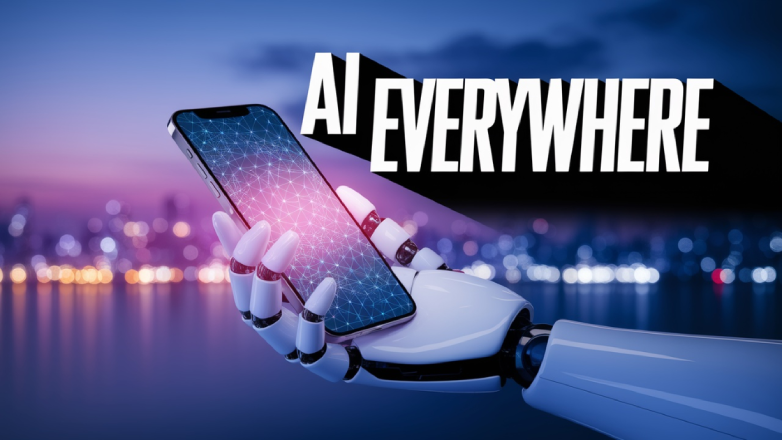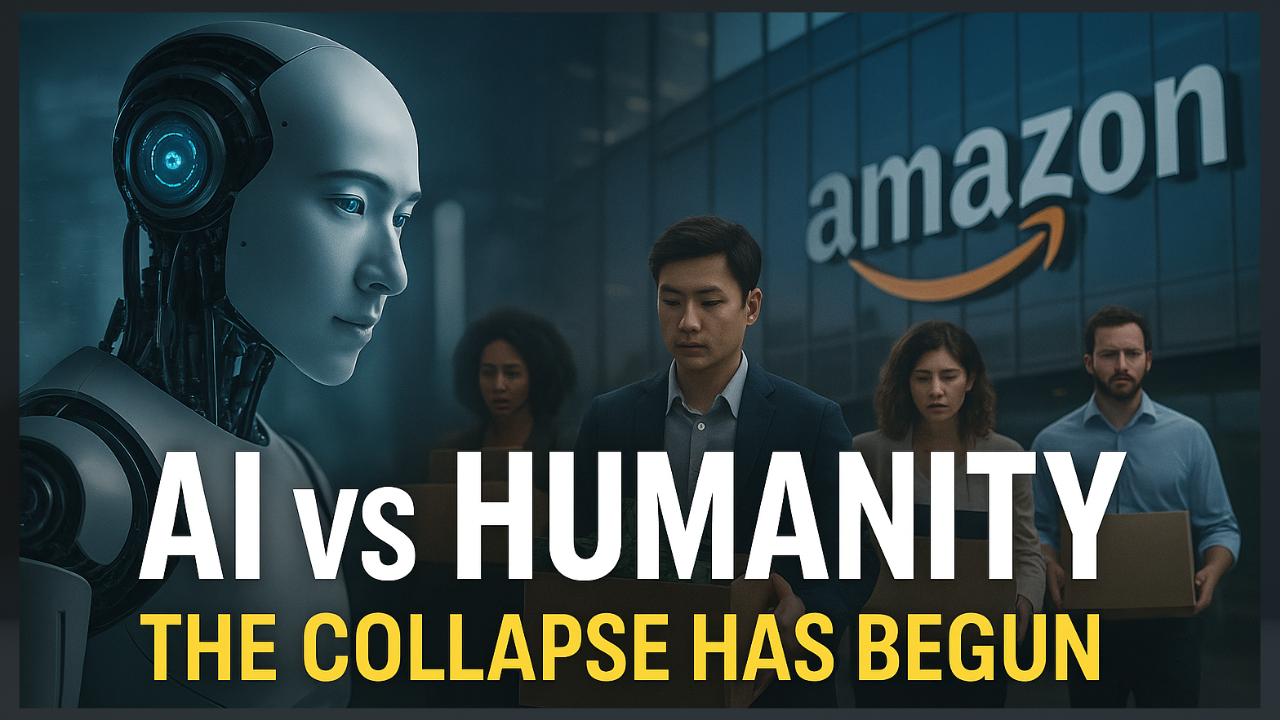Introduction
Artificial Intelligence (AI) is no longer a concept of the future—it’s a major part of our daily lives. From virtual assistants like Siri and Alexa to self-driving cars, AI-powered healthcare, and personalized shopping experiences, AI is transforming the way we live, work, and interact with technology. But how exactly does AI impact us every day? Let’s explore some of its most practical applications.
1. AI in Smart Assistants & Automation
Smart assistants such as Google Assistant, Amazon Alexa, and Apple’s Siri use AI, specifically Natural Language Processing (NLP), to recognize voice commands, answer questions, set reminders, and control smart home devices. AI-driven automation also powers tools like chatbots for customer service and virtual AI agents, making tasks more efficient. For example, AI-powered chatbots can handle routine customer inquiries, freeing up human agents for more complex issues.
2. AI in Healthcare: Personalized Medicine & Early Diagnosis
AI is revolutionizing the healthcare industry by improving diagnostics, predicting diseases, and even assisting in robotic surgeries. Machine learning algorithms0 analyze large amounts of medical data, including imaging and genomic data, to detect early signs of diseases such as cancer, enabling doctors to make faster and more accurate decisions. Moreover, AI is enabling the development of personalized medicine, where treatments are tailored to an individual's unique genetic makeup.
3. AI in Finance: Fraud Detection & Personalized Banking
The financial industry leverages AI for fraud detection, automated trading, and customer service. Banks use AI-powered algorithms to identify unusual transaction patterns, helping prevent fraud. Additionally, AI chatbots assist customers with banking needs, while robo-advisors provide automated investment strategies based on individual risk profiles and financial goals.
4. AI in Entertainment: Streaming & Content Creation
AI helps personalize content recommendations on platforms like Netflix, YouTube, and Spotify by analyzing user behavior. In the world of content creation, AI-generated images, videos, and music are becoming more prevalent, with tools like OpenAI’s DALL·E and ChatGPT producing creative content.
5. AI in Transportation: Self-Driving Cars & Traffic Management
Self-driving technology, developed by companies like Tesla, Waymo, and Uber, relies on AI to navigate roads, recognize obstacles, and make real-time driving decisions. AI also improves traffic management systems, reducing congestion and optimizing public transportation routes.
6. AI in E-Commerce: Personalized Shopping & Virtual Try-Ons
Retailers use AI to enhance customer experiences with personalized recommendations based on browsing history and past purchases. Brands like Amazon and Shopify use AI-driven chatbots, while AI-powered virtual try-ons allow customers to see how clothes, glasses, or makeup will look on them before purchasing.
7. AI in Security & Surveillance
AI-powered facial recognition and security cameras analyze behavior and identify potential threats. While this technology enhances security in airports, businesses, and public spaces, it also raises ethical concerns about privacy and surveillance.
8. Ethical Considerations
While AI offers numerous benefits, it's crucial to acknowledge the ethical considerations. Data privacy is a significant concern, as AI systems rely on vast amounts of personal data. Algorithmic bias is another issue, where AI systems can perpetuate or amplify existing societal biases. Furthermore, the potential for job displacement due to automation needs to be addressed through retraining and workforce adaptation strategies.

9. AI in Education: Smart Learning & Personalized Tutoring
AI-driven learning platforms like Khan Academy, Duolingo, and Coursera provide personalized learning experiences. AI helps educators create adaptive learning paths, track student progress, and offer real-time feedback.
Future Outlook
The future of AI in everyday life looks promising. We can expect further advancements in areas like autonomous vehicles, personalized education, and AI-powered home automation. AI will likely become even more integrated into our daily routines, making tasks more seamless and efficient. However, it's essential to develop AI responsibly, ensuring that its benefits are shared equitably and that its potential risks are mitigated.
Conclusion
AI has already become an integral part of modern life, transforming industries and improving efficiency. While the benefits are undeniable, it is essential to strike a balance between innovation and ethical responsibility. As AI advances, it will continue to redefine how we live, work, and interact with technology.






